
Thai junta leader-cum-Prime Minister General Prayuth Chan-ocha.
Bangkok, 16 Rajab 1437/23 April 2016 (Mina) – Thailand’s junta leader has assured that peace talks between the military government and insurgent groups in the majority Muslim south will continue despite the removal of a key government negotiator, local media reported Friday.
The Bangkok Post quoted junta leader-cum-Prime Minister Gen. Prayuth Chan-ocha as saying that the talks would continue as planned.
“Why does the prime minister have to be changed by means of election every four years? Why doesn’t he remain in the position for a lifetime?” he added in an attempt to justify the removal of Lt. Gen. Nakrob Bunbuathong.
An unnamed source, however, told the newspaper that Bunbuathong was removed because he was perceived as too close to Mara Patani, an umbrella organization of insurgent groups.
Also Read: At Least Nine Children and One Woman Killed in Pakistani Airstrike on Afghanistan
The source claimed that he tended to always compromise with Mara Patani in past rounds of peace dialogue, and this was blamed for stalling progress in the talks.
Bunbuathong confirmed Wednesday to BenarNews, a news website specializing in the southern Thai conflict, that he had been removed from the government delegation, in which he had been a key member in peace talks with the umbrella group.
He will also no longer serve as deputy-director for the southern region in the main domestic security agency, the Internal Security Operation Center (ISOC).
“I have been verbally informed that I have been removed from the post, and I don’t know yet what my next assignment would be,” he said.
Also Read: Pakistan Condemns Israeli Settler Attacks in West Bank, Al-Aqsa Storming
According to the Post, Bunbuathong will be replaced by Gen. Narong Sabaiporn, an officer who has worked for several years in the intelligence field in the south.
Mara Patani responded to the removal by suggesting that it will not impact the peace dialogue.
Abu Hafez al-Hakim, a representative of one of the six factions which Mara Patani leads, told the Post “host Malaysia will fix the meeting date which was previously scheduled sometime around next week.”
Exactly how much control Mara Patani has on the ground remains to be seen. Some analysts have suggested that it is negligible.
Also Read: China Criticizes US-Drafted UN Gaza Resolution as Vague, Abstains from Vote
The southern insurgency is rooted in a century-old ethno-cultural conflict between the Malay Muslims living in the southern region and the Thai central state where Buddhism is considered the de-facto national religion.
Armed insurgent groups were formed in the 1960s after the then-military dictatorship tried to interfere in Islamic schools, but the insurgency faded in the 1990s.
It surged again in 2004 and rapidly escalated as the government of then-prime minister Thaksin Shinawatra severely repressed the rebels, leading to numerous human rights abuses.
Over 6500 people — Buddhists and Muslims — have been killed and over 11,000 injured since 2004.
Also Read: Former Bangladesh PM Sheikh Hasina Sentenced to Death
After a marked decrease in violence in 2015, the number of incidents since the beginning of 2016 has increased, with several spectacular operations.
On Feb. 27, a car bomb in Pattani injured seven police officers, while a March 13 raid in broad daylight on a hospital in Cho Airong district in Narathiwat province left seven security volunteers and soldiers injured.
At the end of March, Mara Patani denied involvement in both attacks, putting at stake the credibility of its claims to have effective control over rebel operations on the ground.
Don Pathan, an expert on the insurgency, underlined in a recent column in The Nation that for those invested in the peace dialogue, the drop in violence was proof of the talks’ traction.
Also Read: Pakistan Declares State of War After Car Bomb Incident
“But separatist sources and other close observers insisted that the lull [in 2015] meant nothing, pointing out that as long as the insurgents still existed, the state hadn’t won,” he wrote.
“Now, with the return of almost daily violence, notions of a link between the peace talks and the insurgency have been shattered.” (T/R07/R01)
Mi’raj Islamic News Agency (MINA)
Also Read: Jakarta Hosts Gala Dinner for World Peace Forum Delegates






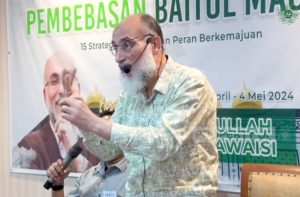
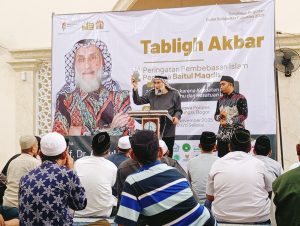

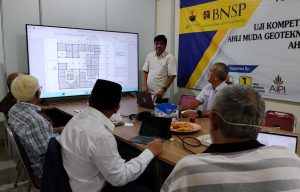

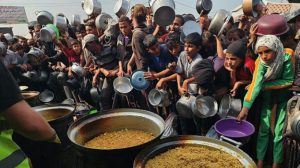


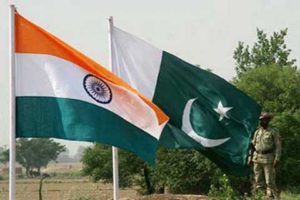
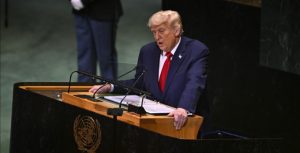

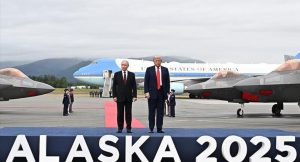
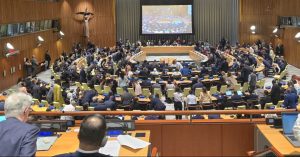
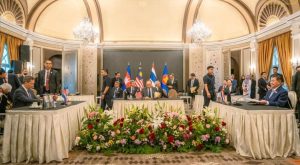














 Mina Indonesia
Mina Indonesia Mina Arabic
Mina Arabic